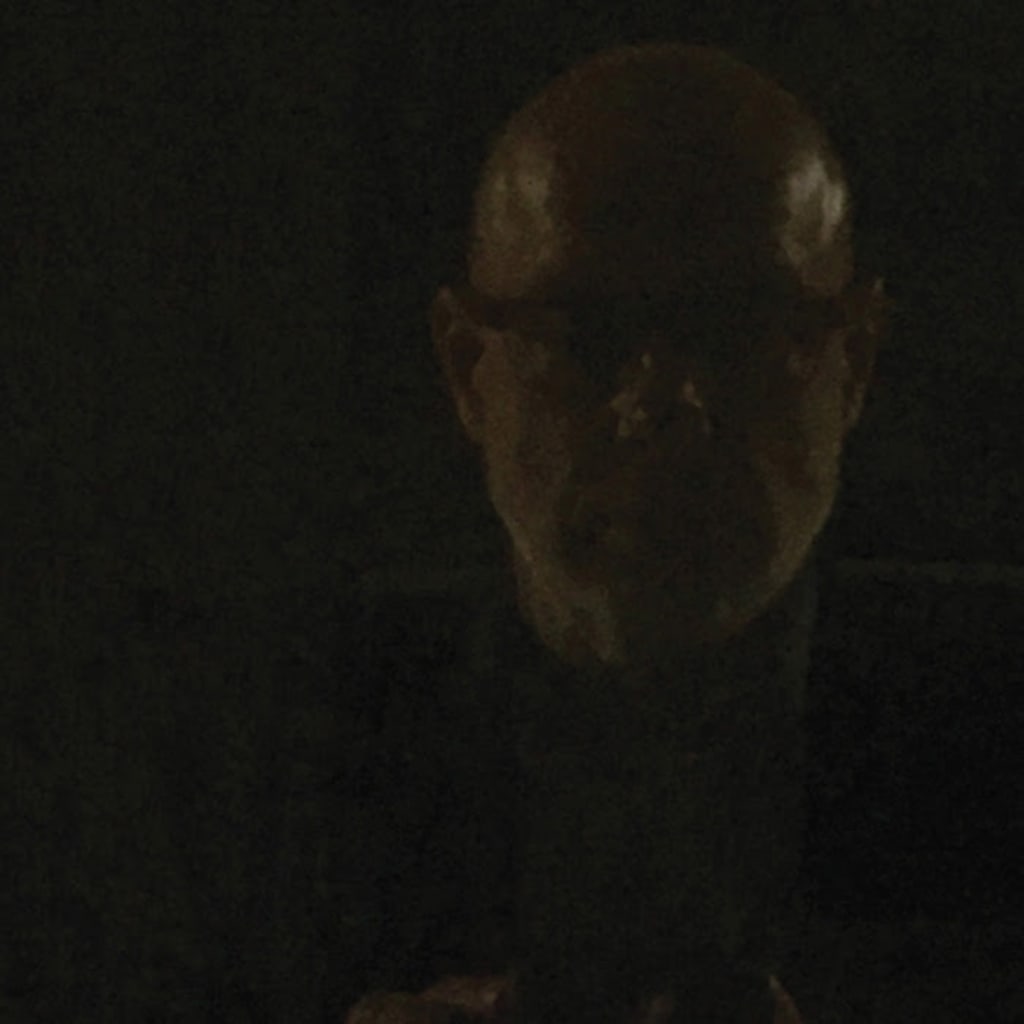Brian Eno: Reflection Album Review
The godfather of ambient music returns with a very 21st century release.

When he left Roxy Music in 1973, Brian Eno embarked upon a solo career that would lead him to be regarded as one of the most influential and innovative producers of all time. Since coining the term ambient music when he released Ambient 1: Music for Airports in 1975, he has pioneered the genre. This latest release sees the master release another record in his definitive style, but without the direction and compositional genius that typifies his finest work.
★★★☆☆
Never content to fall back on comfortable formulas, Eno has described Reflection as ‘the most sophisticated’ project he has ever released. This is because alongside the normal release of this fifty-four minute piece is the latest in a series of apps emerging from a collaboration between Eno and the software designer Peter Chilvers. This app employs a system of complex algorithms to produce an endless version of the piece which alters its sound according to the time of day from a number of basic elements. This forever changing version of the piece is an attempt to achieve Eno’s vision that ambient music be ‘endless music, music that would be there as long as you wanted it to be’.
The same tonal elements are used to build up the standard version of this piece. This repertoire includes gentle chime sounds which shimmer through the work with immense clarity. It sounds like a large, smoothly flowing river, disrupted only by the occasional drop of a stone or light breeze causing the surface to ripple. Glowing, sometimes pulsing tones move with each other and rise up through the piece, scattered with occasional faint percussion.
It is easy to zone out of Reflection and let its clearness transmit to your own mind, or to lose yourself within its depths. Two particularly moving moments when listening to this piece were in the park at university, where the modern buildings and tall trees seemed to complement the freshness of the sounds, and walking next to a road where the whoosh of slow cars created a touching link between these tones and the real world. These cerebral quality means Reflection also lends itself to being effective background music.
However, despite this beauty, the work lacks the kind of compositional direction that features in Eno’s finest works like the original Ambient tetralogy or Thursday Afternoon. In other words, Reflection is almost too mild. Whilst his best pieces seem to move slowly with purpose and structure, Reflection abruptly comes into existence and then proceeds to meander aimlessly out of existence. Rather than being composed, it sounds like it has been generated by the algorithms of the app, which unfortunately detracts from the beautiful sonic atmosphere Eno invites the listener to enter.
Another one of the Eno and Chilvers apps, Scape, allows the user to place shapes of tones to form their own original compositions.





Comments
There are no comments for this story
Be the first to respond and start the conversation.